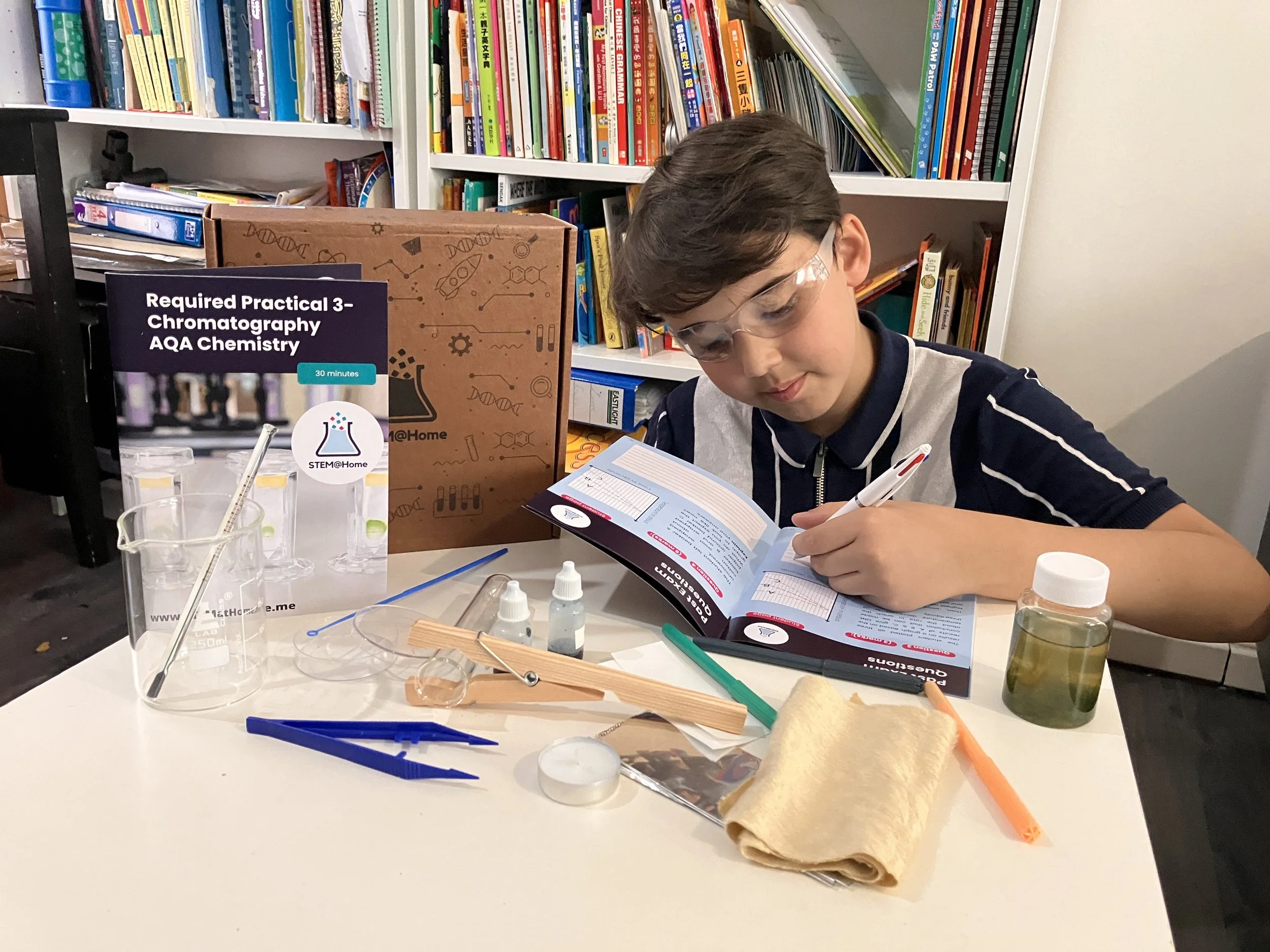Hands-on learning is the bedrock of a successful economy
As a parent, you want your child to have every opportunity to succeed. That's why it's important to make sure they're getting a well-rounded education that will set them up for success in the future. One important element of a good education is hands-on learning. Dr Baruch from University of Bradford says that the UK is falling behind other countries because schools are doing less science practicals whereas other countries are doing more science practicals in schools. Let's take a look at why hands-on learning is so important and how it can benefit your child.
Hands-on learning is beneficial because it allows children to learn through experience. Science practicals teach children about how to test their arguments and how to process errors in their arguments. This type of learning is important because it allows children to apply what they're learning in a real-world setting. In addition, hands-on learning is often more engaging and fun for children than traditional lectures or textbook lessons.
Unfortunately, the UK is lagging behind other countries when it comes to science practicals in schools. This lack of hands-on learning opportunities could have negative consequences for the future of the UK economy. Dr Baruch argues that "if we don't provide [children] with opportunities to engage with these kinds of activities, then we are not preparing them for the world of work." In other words, if children don't have opportunities to learn through experience, they won't be prepared for the real world.
Fortunately, there are ways you can help your child get the most out of their education and make sure they're getting the hands-on learning opportunities they need. One way is to encourage them to participate in extracurricular activities like science clubs or robotics clubs. These clubs give children opportunities to learn and apply what they're learning in a fun and supportive environment. You can also talk to your child's teacher about ways you can support their hands-on learning at home. If you do not have the time to take your child to these extracurricular clubs or there are none in your area, you can always bring these science activities straight to your home with STEM@Home. Work with your child and help them learn. Our hands-on boxes allow your child to engage with science in a tangible way, even outside of the classroom or a dedicated laboratory.
Hands-on learning is an important part of a well-rounded education. It allows children to learn through experience and apply what they're learning in a real-world setting. Unfortunately, the UK is lagging behind other countries when it comes to science practicals in schools. However, there are ways you can help your child get the most out of their education and make sure they're getting the hands-on learning opportunities they need. Talk to your child's teacher about ways you can support their hands-on learning at home or encourage them to participate in extracurricular activities like science clubs or robotics clubs. By making sure your child has ample opportunity for hands-on learning, you'll be setting them up for success now and in the future.



